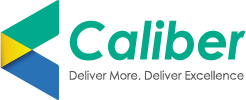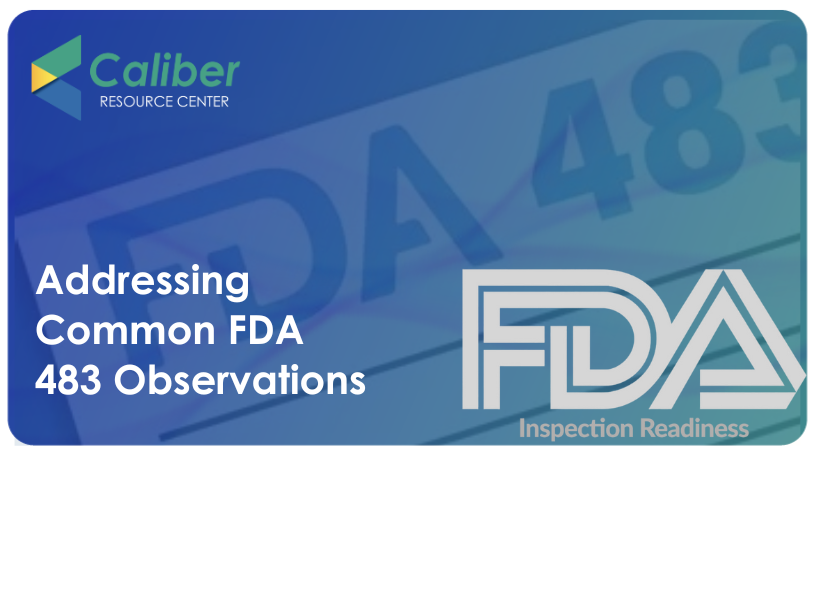What’s Inside
ToggleCurrent State of Pharmaceutical Manufacturing
Manufacturers have long relied on paper-based operations. The overreliance on paper-based processes has left many organizations with inadequate insights into efficient operations. Moreover, it creates barriers to more efficient, reliable, and environmentally friendly operations.
Over the years, the industry has witnessed a transformational shift to adopting paperless operations on its shop floor. Proving to be a strategic move aiming to maximize efficiency and minimize errors, empowering quicker market releases. According to a recent study by the Manufacturing Institute, US manufacturers spend an average of $1.2 trillion per year on unnecessary paperwork and administrative tasks. Cut short, while paper has its place in manufacturing and has always provided security and familiarity, they have a decent share of inefficiencies and challenges.
Challenges with Paper-Based Operations
Paper-based documentation has always been complex, prone to errors, and sometimes difficult to manage. It often leads to inefficiencies and increased operational costs with physical storage of documents occupying valuable space while presenting major security risks. Here are a few we think we should address.
- Data Integrity Issues
Manual data entry is prone to human errors, resulting in inaccuracies that can impact manufacturing quality and decision-making. Paper-based solutions often pose several data integrity issues, as discrepancies can go unnoticed until they result in significant problems. It can have a deeper impact on the accuracy, consistency, and reliability of the data.
- Inefficient Tracking and Resolution of Quality Issues
Paper-based systems are time-consuming and inefficient for tracking and resolving quality issues. Additionally, tracking through paper-based solutions can present visibility challenges in quality metrics as well. It can significantly impact the overall performance and reliability of a system or process.
- Slower Time to Market
To drive innovation, it is important to identify emerging market gaps, consumer needs, and disruptive technologies. However, paper-based solutions are difficult to maintain in an increasingly digital world and can adversely affect your reputation and profitability by allowing inefficiencies and reworks to creep in. It often leads to missed opportunities to drive growth and embrace flexibility and sustainability to gain a competitive edge in the digital era.
- Delayed Production Timelines
Paper-based approval processes are often slow and can delay production timelines. This includes increased time spent on approval workflows; everything from new product designs to purchase orders. This further leads to delays in production, increased costs, and decreased productivity.
Paperless Manufacturing Shopfloor: The New Manufacturing Paradigm
Transitioning to a paperless shopfloor represents many crucial changes in how manufacturing operations are managed. While this approach leverages digital technologies to replace traditional paper-based systems, it helps streamline processes, reduce waste, and improve accuracy.
Moving to a paperless environment is not merely about eliminating paper but enhancing the overall operational efficiency and data integrity. Many leading manufacturers have already embraced Industry 4.0 solutions to bridge the gap between the shop floor and the top floor.
How to implement a Paperless Manufacturing system
- Replacing paper-based documentation with digital data collection and management systems.
- Utilizing data analytics and artificial intelligence to optimize processes and predict maintenance needs.
- Enabling seamless communication and collaboration through integrated digital platforms.
- Automating routine tasks and workflows to reduce manual intervention and errors.
- Ensuring automated compliance with Standard Operating Procedures (SOPs) and Good Manufacturing Practices (GMP) standards.
How does paperless manufacturing improve efficiency and reduce errors
Digitalization of Manufacturing Operations
Digitalizing manufacturing operations involves using digital tools for data collection, storage, and analysis. This shift eliminates the need for paper-based records and enables real-time access to critical information, facilitating better decision-making and operational efficiency.
Employing Advanced Analytics and AI
The traditional paper-based approach to gathering and analyzing shop floor data is time-consuming and labor-intensive. AI and ML technologies are helping many industries to make data-driven decisions that enhance productivity and reduce downtime.
Adopting such advanced analytics and AI in manufacturing opens a world of possibilities for manufacturers to get real-time insights into production trends, predict equipment failures, and optimize resource allocation.
Facilitating Team Communication Across Departments
Leveraging digital platforms enables shopfloor units to establish seamless communication. It enhances collaboration across departments, so that everyone has access to the same information and can coordinate efforts more effectively.
Digitalization and Automation
Routine processes and workflows can be automated to decrease the need for manual involvement. This minimizes errors and allows staff to focus on more productive operations. Automated systems also give consistent and reliable data in real time, which improves operational efficiency.
Compliance: Automated Compliance with SOPs and GMP Standards
Automated compliance systems ensure that manufacturing processes adhere to SOPs and GMP standards by monitoring operations in real time and generating alerts for any deviations. This further reduces the risk of non-compliance and associated penalties while ensuring high-quality production standards.
Plus, it has an environmental benefit as well.
What are the benefits of going paperless in a manufacturing plant?
A 100% paperless approach on the shopfloor could be a game-changing shift towards maximizing manufacturing efficiency. Manufacturers can address the challenges of traditional paper-based systems by leveraging digital technologies to achieve significant improvements in productivity, data accuracy, and operational agility. This will not only streamline processes but will also position companies to adopt innovative technologies, ensuring long-term competitiveness and profitability.
End-to-end Digitalization Matters
Digitalization is a critical move for manufacturers. It should be planned well to derive realizable benefits. A roadmap to successful manufacturing digitalization considers end-to-end control over processes. A digital solution that manages the entire lifecycle from preparation to product release can efficiently scale up manufacturing facilities.
Introducing CaliberBRM – A Complete Digitalization Solution for Paperless Manufacturing
CaliberBRM is designed to build, track, and execute manufacturing processes while ensuring strict compliance with 21 CFR Part 11 and GMP. The robust manufacturing software integrates seamlessly with other systems, ensuring better product quality and operational efficiency, and offering a complete electronic batch record manufacturing (eBRM) solution that accelerates quality manufacturing by reducing the paper burden on manufacturing facilities.




